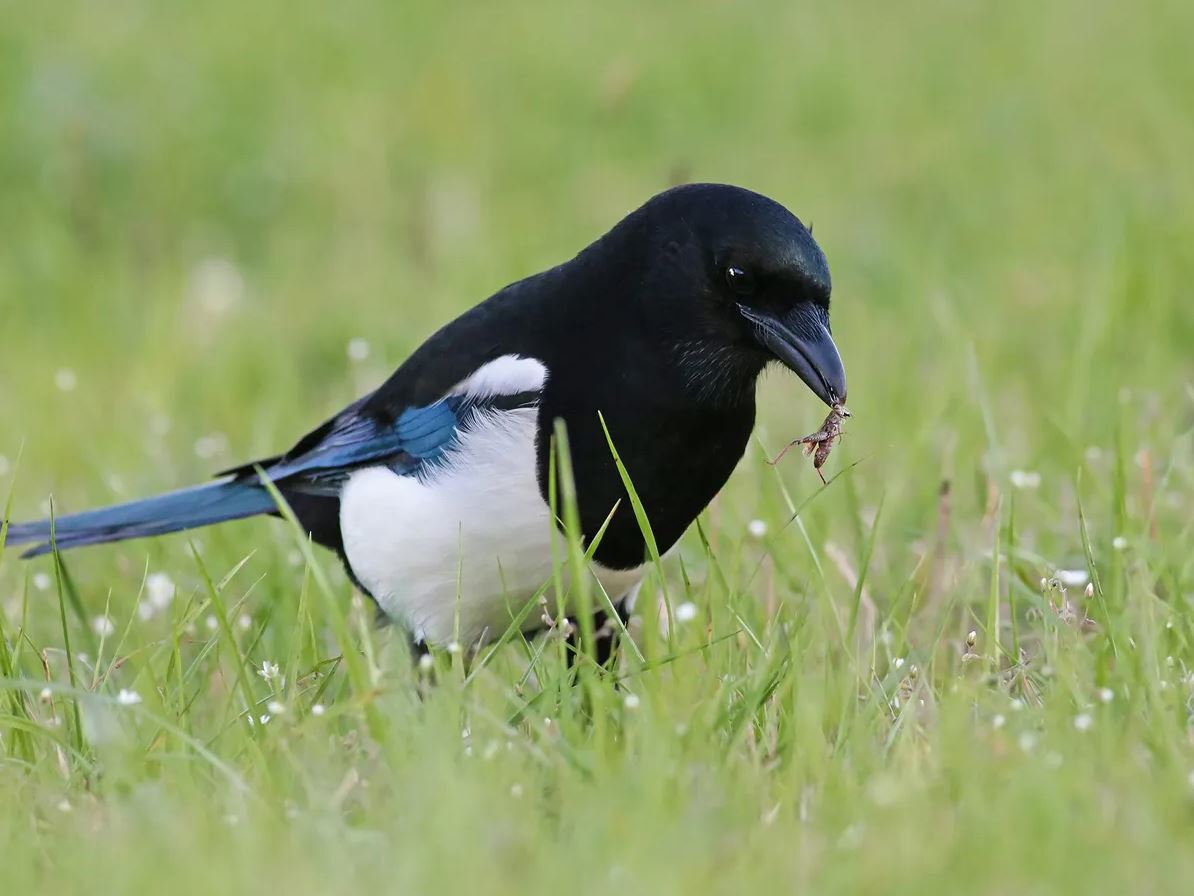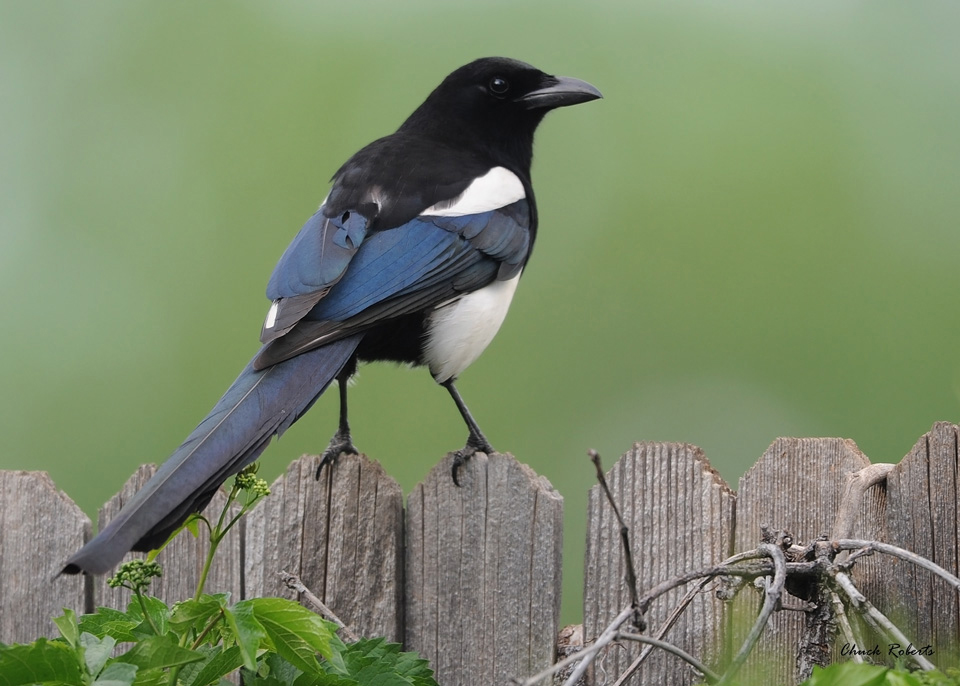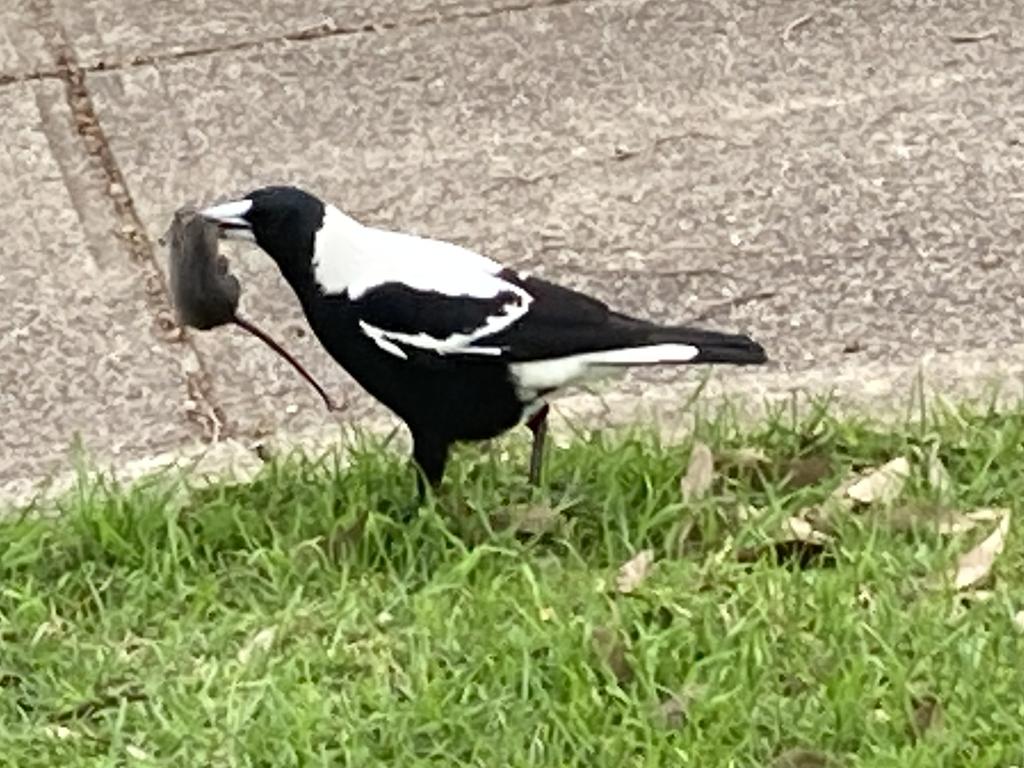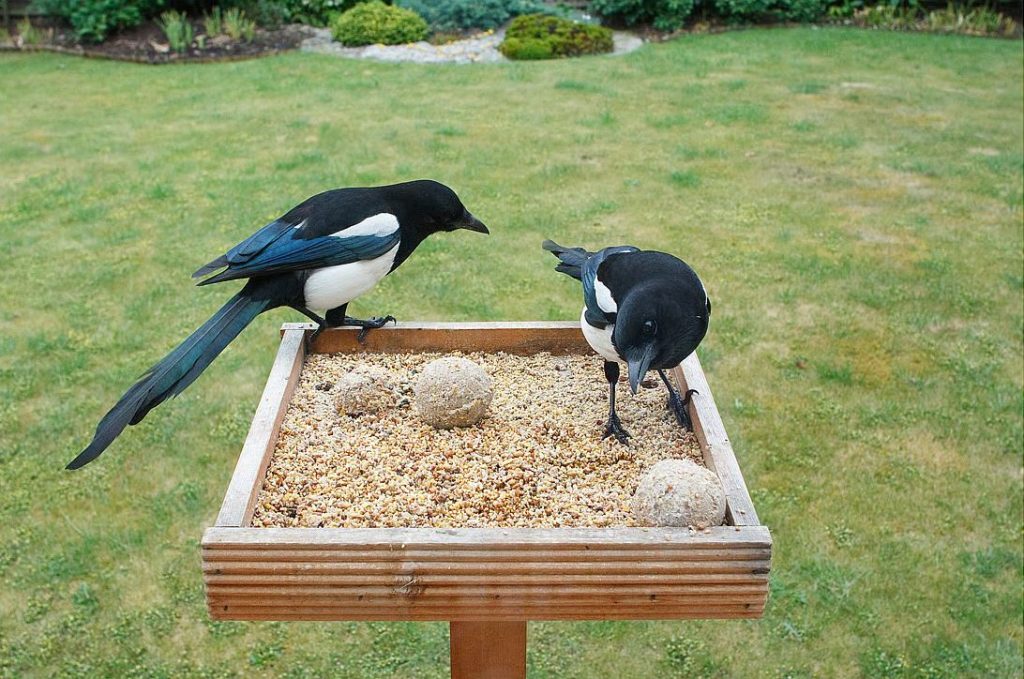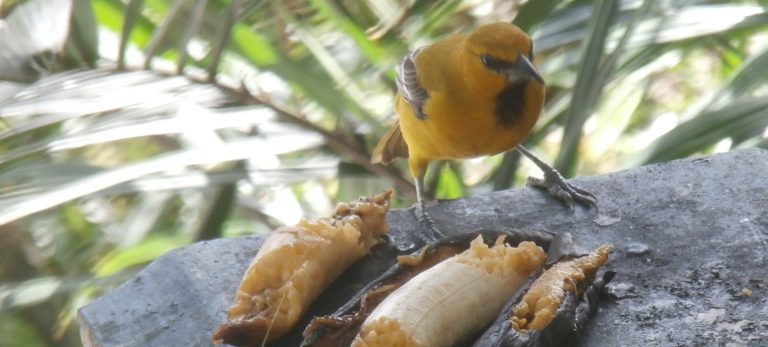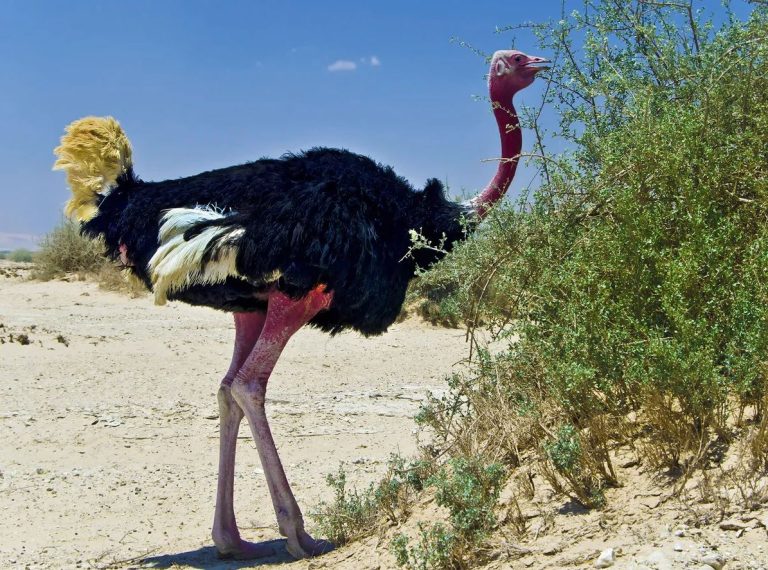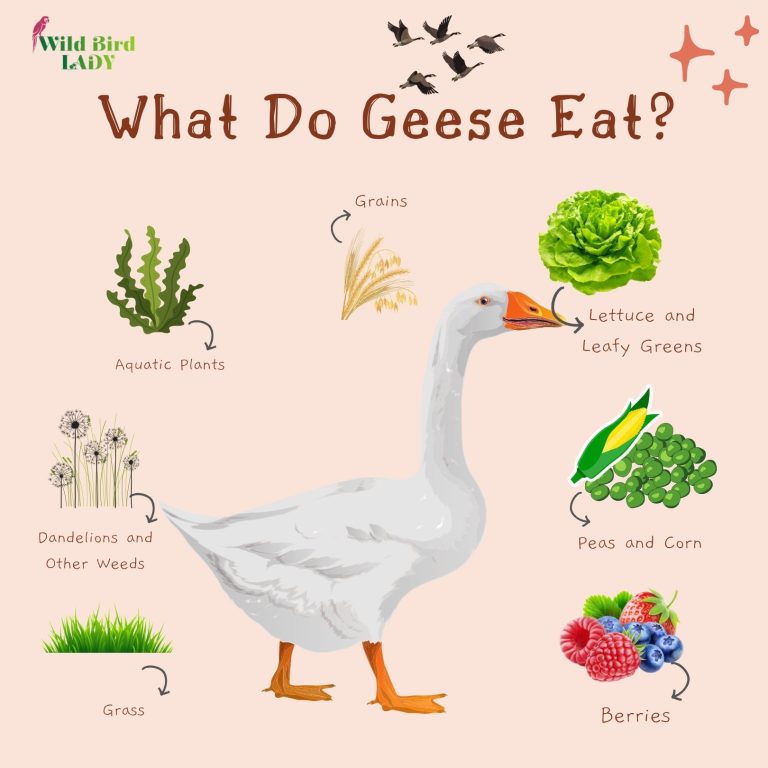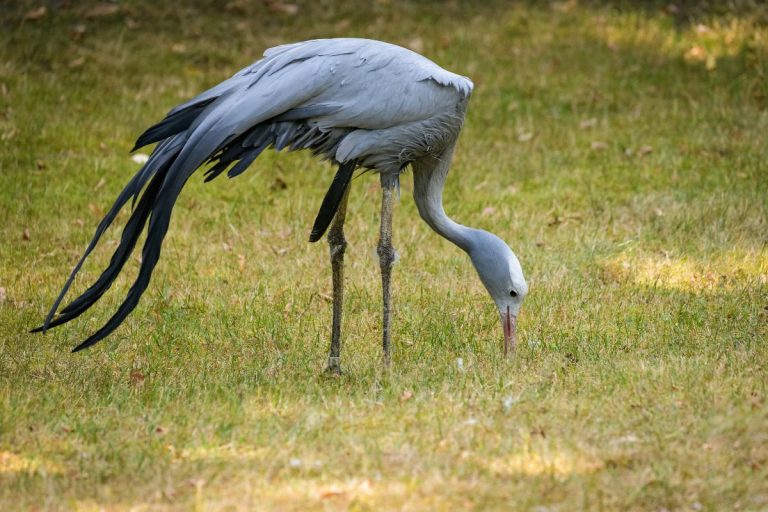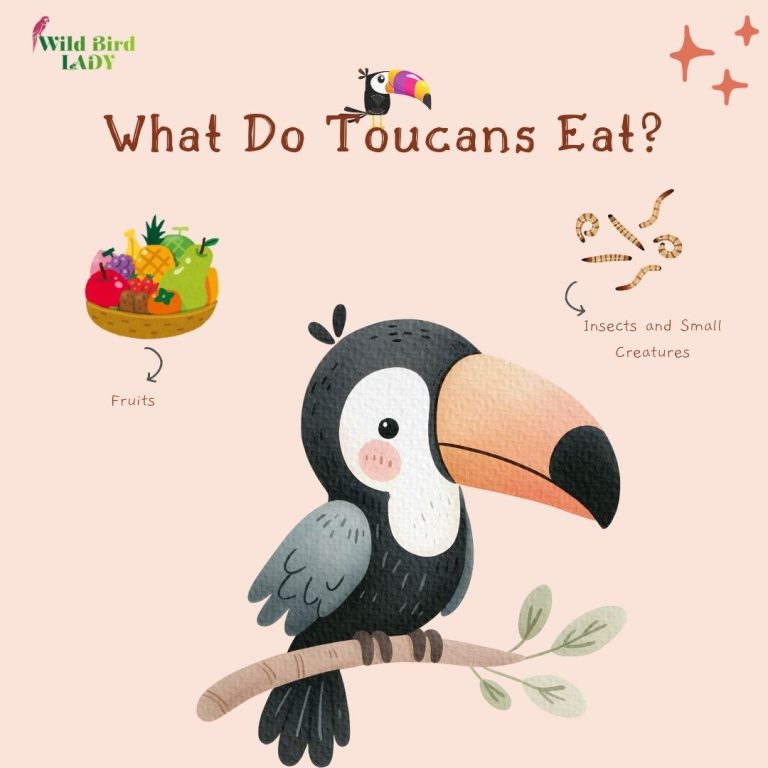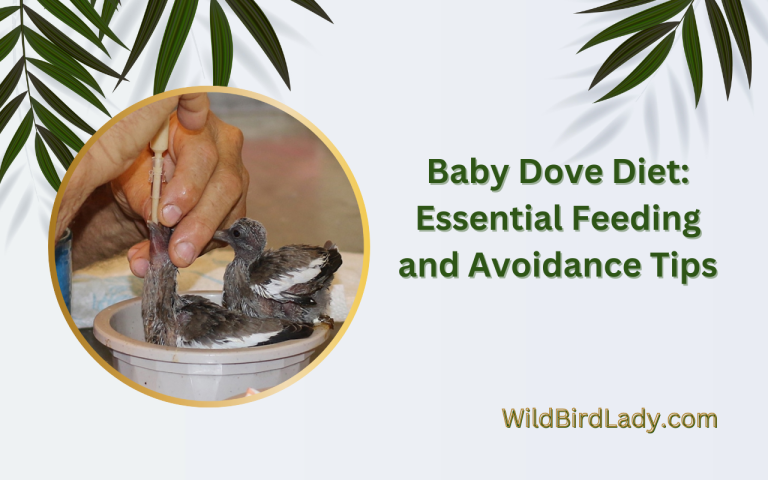What Do Magpies Eat? A Deep Dive into the Diet of These Clever Corvids
Magpies are among the most intelligent and resourceful birds on the planet. Their striking black-and-white plumage, sharp vocalizations, and fascinating behaviors often catch the attention of birdwatchers and backyard nature lovers alike. But have you ever stopped to wonder: what do magpies eat?
As a birdwatcher with over 13 years of field experience, I’ve observed magpies across different habitats—from suburban gardens to open woodlands—and their dietary habits never cease to amaze me. In this guide, we’ll explore the diet of magpies in detail, including what they eat in the wild vs. urban settings, how their diet changes seasonally, what baby magpies consume, and how their eating habits impact ecosystems.
Introduction to Magpie Diets
Magpies belong to the corvid family, which includes crows, jays, and ravens—birds known for their adaptability and intelligence. This flexibility extends to their diet as well.
Magpies are opportunistic feeders. They’ll eat almost anything they can catch, scavenge, or steal. Their varied diet reflects the environments they live in and the seasons they adapt to.
Are Magpies Omnivores?
Yes, magpies are true omnivores. According to the Cornell Lab of Ornithology, omnivorous birds consume both plant and animal matter, which allows them to thrive in a wide range of environments. Magpies fit this description perfectly—they eat fruits, seeds, carrion, insects, small mammals, and even bird eggs.
This dietary flexibility gives magpies a distinct advantage, especially in human-altered environments where food sources are unpredictable.
What Do Magpies Eat in the Wild?
In natural settings, magpies rely on a balanced mix of protein, fat, and carbohydrates to survive. Their primary wild food sources include:
1. Insects and Invertebrates
- Beetles, ants, grasshoppers, caterpillars, and spiders form a large part of their protein intake.
- They often forage on the ground, flipping leaves and probing soil with their sharp beaks.
“Insects are a vital food source for magpies, especially during the breeding season when chicks need high-protein meals,” notes a study from Birds of the World (Cornell Lab)【source: https://birdsoftheworld.org】.
2. Small Mammals and Reptiles
- In some areas, magpies may prey on small rodents like mice or voles.
- They occasionally catch lizards and small snakes, depending on regional availability.
3. Bird Eggs and Nestlings
Magpies are known for raiding nests. Though this behavior may seem cruel, it’s a survival strategy, especially during spring when protein demand is high.
4. Fruits and Seeds
- Wild berries like hawthorn, elderberries, blackberries, and rowan are seasonal favorites.
- They may also eat acorns, grains, and wild seeds.
5. Carrion
Magpies will not hesitate to feed on roadkill or dead animals. Their sharp beaks allow them to tear into carcasses effectively—similar to crows and vultures.
Urban Magpies: A Different Menu
Magpies living in cities or suburban environments face a very different food landscape. In these areas, their diet shifts to include:
1. Leftover Human Food
- Bread, rice, fries, pet food, and food scraps from garbage cans.
- Magpies are especially drawn to greasy or protein-rich foods.
2. Bird Feeders
- Magpies often steal from feeders meant for smaller birds. They love:
- Suet
- Peanuts
- Sunflower seeds
- Mealworms
“Magpies are known to adapt their diet based on availability. In urban areas, they exploit bird feeders and even learn to open bins,” says a study published in the Journal of Urban Ecology.
3. Insects from Lawns and Gardens
Urban lawns and compost bins provide ample insect life, which magpies dig through for grubs and larvae.
Seasonal Changes in the Magpie Diet
Magpie diets change significantly with the seasons:
Spring
- Protein is a top priority.
- Magpies eat more insects, worms, and small vertebrates to feed their growing chicks.
Summer
- Insects remain abundant.
- Fruits like cherries, blackberries, and currants are added.
Fall
- Seeds and nuts become more prominent.
- Magpies cache food to prepare for winter.
Winter
- Diet shifts to scavenging: carrion, garbage, stored seeds, and suet.
According to the RSPB, caching behavior (hiding food for later) is commonly observed in magpies during autumn【source: https://www.rspb.org.uk】.
What Do Baby Magpies Eat?
Baby magpies, also called chicks or nestlings, are fed by their parents from day one. Their diet consists primarily of:
- Soft-bodied insects like caterpillars and beetle larvae
- Regurgitated meat or insects from parents
- Occasionally small bits of fruit later in the fledgling stage
Parents feed their chicks continuously during the first two weeks. As they grow, young magpies learn to forage by mimicking adult behavior.
Do Magpies Eat Other Birds?
Yes—though not commonly, magpies may attack and eat nestlings or fledglings of other bird species. This happens most often in spring and early summer when food is scarce or chicks are particularly vulnerable.
Common prey includes:
- Sparrows
- Finches
- Robins
Research by the British Trust for Ornithology (BTO) concluded that while magpies do eat eggs and chicks, the overall impact on songbird populations is relatively low.
Feeding Magpies in Your Backyard: Do’s and Don’ts
If you want to attract magpies or support them in winter, you can offer food, but it’s important to be mindful of what you provide:
Do:
- Offer mealworms, suet, and chopped meat
- Place food on open surfaces (magpies are large and don’t perch well on small feeders)
- Keep feeding areas clean
Don’t:
- Feed processed or salty food (e.g., chips, bacon)
- Leave out whole peanuts (risk of choking for chicks)
- Overfeed, which can make them dependent
Magpie Foraging Behavior and Intelligence
Magpies are incredibly intelligent foragers:
- They remember food sources and people who feed them
- They use tools to retrieve hard-to-reach food
- They have been observed mimicking sounds and planning actions—rare behaviors in birds
One study published in Animal Cognition even showed that Eurasian magpies can recognize themselves in mirrors—an ability once believed to be unique to humans and some primates.
Magpies and Human Food Waste
In urban areas, magpies often act like nature’s clean-up crew:
- Scavenging reduces organic waste
- They control insect populations naturally
- However, dependence on garbage can alter natural behaviors
Efforts to reduce waste and provide appropriate bird feeding can help maintain their health and ecological balance.
Final Thoughts
Magpies are resourceful omnivores that eat a wide variety of foods—from beetles and berries to bread and baby birds. Their ability to thrive in both wild and urban environments makes them fascinating subjects of study and observation.
Understanding what magpies eat not only deepens our appreciation for these birds but also helps us coexist with them more responsibly. Whether you’re spotting a lone magpie on a telephone wire or hearing a chattering group in your backyard, you’ll now know what they’re likely searching for.
FAQs
Do magpies eat rats?
Only occasionally. Larger magpies may eat small rodents like mice or baby rats, but they generally prefer insects or smaller vertebrates.
Are magpies dangerous to other birds?
During breeding season, they may raid nests for eggs or chicks. However, they don’t usually attack adult birds.
Can I feed magpies meat?
Yes—but avoid cooked or salted meats. Raw minced meat or suet is preferable in small amounts.
Do magpies eat bread?
Yes, but bread has little nutritional value. If you feed bread, pair it with protein-rich options like mealworms or suet.
What is a magpie’s favorite food?
Mealworms, suet, and insects are top favorites. They also love berries in summer and peanuts in winter.

